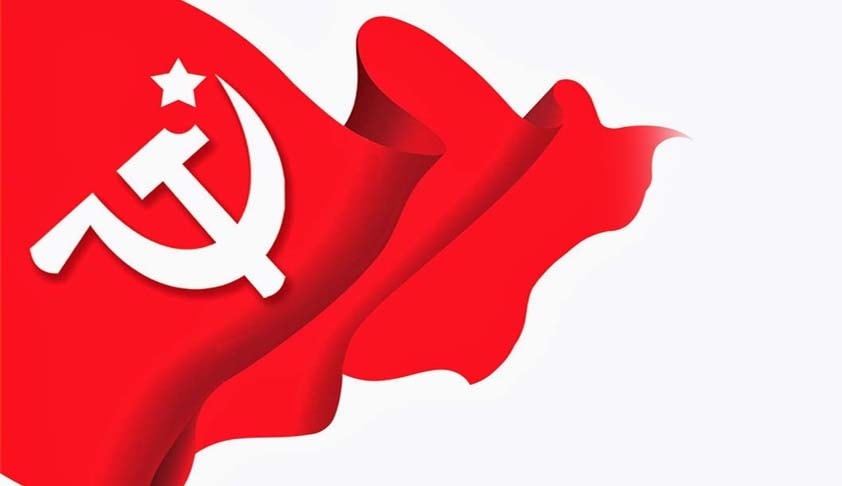
Notwithstanding the fact that Prime Minister Narendra Modi, for reasons best known to him, chose to stay away from the two all-party meetings convened in Parliament to discuss India’s possible response to the gruesome killings in the Baisaran Valley in Pahalgam – meetings attended by leaders of various political parties – all parties present unequivocally condemned the killings carried out by terrorists linked to Lashkar-e-Taiba (LeT), a terrorist outfit designated by the relevant UN agency. They also extended their support to the government in taking appropriate measures in response. This consensus remained intact until the announcement of the ceasefire, with all parties refraining from raising any questions until the military engagement had concluded.
However, US President Donald Trump’s unilateral announcement that he and his administration had facilitated the ceasefire and his subsequent claim that both India and Pakistan had been pressured into compliance under threat of trade consequences – was not only surprising but also a violation of the principles embedded in the Simla Agreement. That agreement, resulting from a negotiated settlement, had committed both countries to resolving all contentious issues bilaterally through discussion. Despite this, Pakistan has consistently attempted to internationalise the Kashmir issue. If President Trump’s claims are to be taken at face value, they would imply that Kashmir has, in fact, been internationalised – an implication fraught with strategic and diplomatic consequences.
Although Indian officials and the government have claimed that the ceasefire was the result of bilateral discussions, there remains considerable confusion, if not actual suspicion, about the veracity of these claims.
Apart from this major issue, there were other matters requiring official clarification – particularly with respect to reports surrounding the military engagement. This became especially necessary given the mainstream media’s propagation of bizarre and unverified claims. Some of these reports, particularly those broadcast on the night of May 8, were so outrageous that Indian media was castigated by much of the international community. These misrepresentations ultimately hurt our national interest. Thus, after the ceasefire, an authentic statement by the government on the floor of Parliament became an urgent necessity.
Additionally, there was a clear diplomatic failure when Pakistan’s request for a one-billion-dollar loan was approved by the IMF’s management board without any objection or delay.
It is in this context that the convening of a special session of Parliament assumes urgent importance. A government-issued authoritative statement, followed by a structured debate in the House, would have allowed for the forging of a true national consensus. Such a course would have also ensured transparency and the integration of multiple and diverse perspectives across the political spectrum. By definition, national consensus is not imposed or manufactured – it must evolve through democratic engagement. The expression of differing viewpoints is a vital component in this evolution.
Yet, for reasons best known to itself, the government chose not to respond positively to the demand for a special session. Instead, it presumed that the support of political parties in condemning terrorism and its sponsors could be showcased as a broad national consensus.
During the military engagement, at one of the official press conferences, the foreign secretary rightly responded to a Pakistani leader’s comment that Indians criticise their own government. Vikram Misri rebutted by highlighting that India is a vibrant democracy where the government is accountable to the people. Indeed, India’s Constitution and its secular, democratic republic remain our principal strength in addressing challenges, both domestic and external.
This moment of national reckoning was a critical opportunity to once again reaffirm those strengths by engaging in a proper, transparent, and democratic debate to evolve a genuine national consensus –something that cannot be manufactured.
In this backdrop, the government attempted to showcase political unity as a means of enhancing diplomatic outreach. But without a proper and inclusive consensus, even that diplomatic leverage would become difficult to sustain. Nonetheless, India’s enduring strength lies in the core values of its Constitution. These must be projected with renewed vigor in confronting the contemporary challenge of cross-border terrorism.
Therefore, the present imperative is to continue the struggle for democracy while combating all forms of identity-driven sectarian politics. This becomes doubly important in light of persistent attempts to provoke polarisation. However, such concerns must not detract from the necessity of carrying forward our campaign against terrorism and strengthening diplomatic efforts to distinguish India from Pakistan. Our goal must be to integrate these dual imperatives at this critical juncture.
(May 21, 2025)istakes...


